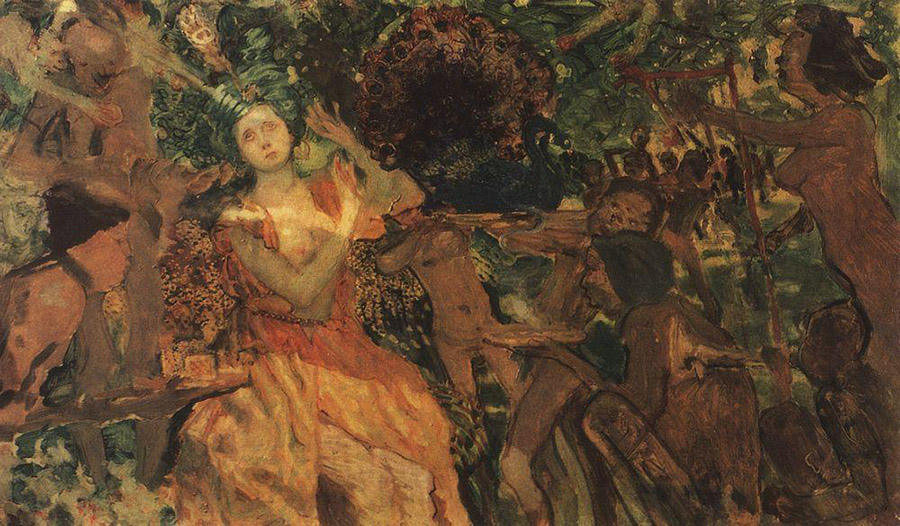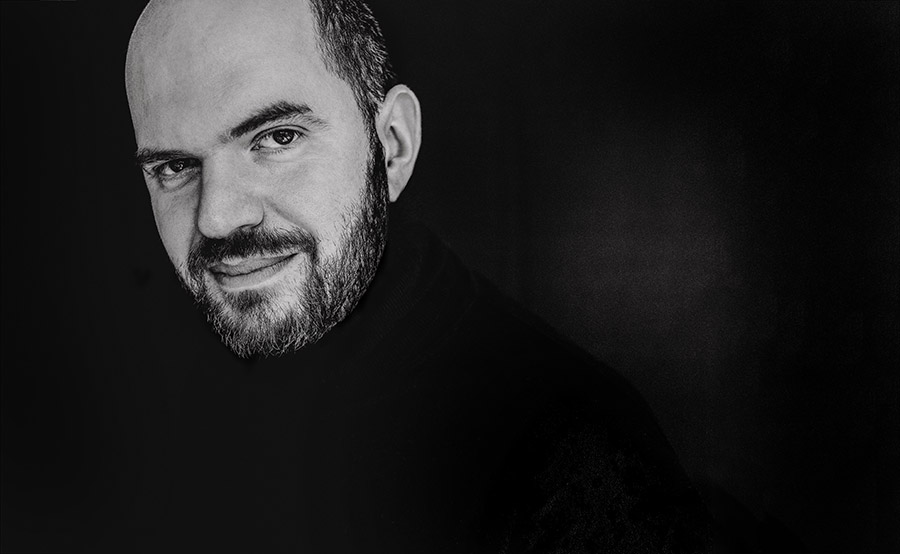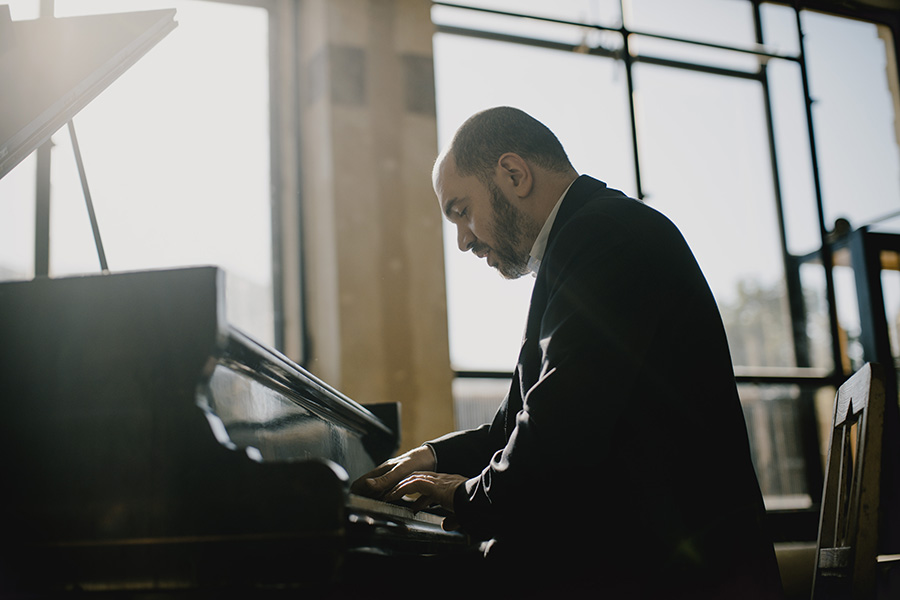This year marks the 150th anniversary of the birth of composer Sergei Rachmaninov, and piano virtuoso Kirill Gerstein marks this celebration at the Royal Festival Hall, with the London Philharmonic Orchestra led by conductor and violinist Nikolaj Szeps-Znaider. The main work of the concert is Rachmaninov’s much-loved Piano Concerto No 2 in C Minor and also on the programme are Glinka’s Overture to Ruslan and Ludmila and the first four movements of Smetana’s Má vlast (My Homeland).
Nikolaj Szeps-Znaider, Music Director of Orchestre national de Lyon and Principal Guest Conductor of the Mariinsky Orchestra, makes his debut with the LPO in this performance. A regular guest conductor of some of the world’s leading orchestras, Maestro Szeps-Znaider this season makes return visits to the Chicago Symphony, the Cleveland Orchestra, the Royal Liverpool Philharmonic and Orchestre Symphonique de Montréal. He has been acclaimed for his debut appearances leading the Dresden Semperoper and the Royal Danish Opera in Mozart’s The Magic Flute, and will shortly be conducting performances of this work at the Zurich Opera House.
The career of multi-award-winning pianist Kirill Gerstein includes appearances in solo and concert engagements across Europe and the United States, in China and in Australia. He has a wide-ranging repertoire which features compositions from Bach through to the contemporary composer Thomas Adès, who wrote his 2018 Concerto for Piano and Orchestra for him. Gerstein recently played Rachmaninov’s Rhapsody on a Theme of Paganini with Alan Gilbert and Symphonieorchester des Bayerischen Rundfunks where he is Artist-in-Residence 2022-23, and in July this year, he will perform Rachmaninov’s Piano Concerto No 3 with the London Symphony Orchestra and Susanna Mälkki, as part of his Festival d’Aix-en-Provence Artist-in-Focus.
Sergei Rachmaninov, born on 1st April, 1873, was one of the great piano virtuosos of the 20th century, and is regarded as the last great figure of traditional Russian Romanticism. His Second Piano Concerto which premiered in Moscow on 27th October, 1901, was the first success he had achieved since the failure of his First Symphony in March 1897. Having spent some time following that disaster in the care of psychiatrist Nikolay Dahl, the composer regained his self-confidence and produced what has become one of his most popular works, his Second Piano Concerto, which he dedicated to Dahl. It is regarded by some as one of the most romantic works ever written, and was used to great effect in David Lean’s 1945 film Brief Encounter.

In 1909 Rachmaninov made his highly acclaimed debut as a soloist in his Piano Concerto No 3 when it was premiered by Walter Damrosch and the New York Symphony on 28th November 1909, during Rachmaninov’s concert tour of the United States. He returned to Russia the following year, but after the Revolution of 1917, he once again went into exile of his own volition, dividing his time between Switzerland and the United States. He missed his homeland and the Russian people, but ultimately settled in California where, in 1940, he composed his last major work – the Symphonic Dances for Orchestra. He died in Beverley Hills on 28th March, 1943 – at the age of 69.
The concert opens with Glinka’s rousing Overture to Ruslan and Ludmila – a story dating back to pagan Russia, based on the 1820 poem by Alexander Pushkin, which told of the beautiful Ludmila who was wooed by three admirers and ultimately abducted by the knight Ruslan. Mikhail Glinka (1804-1857) was the first Russian composer to gain international recognition and is the accepted founder of the Russian nationalist school – his composition The Patriotic Song having been the Russian national anthem from the time of the fall of the Soviet Union in 1991 until 2000.

via Wikimedia Commons
The final work on the programme consists of the first four movements of Má vlast by Bohemian composer Bedřich Smetana (1824-1884). Composer of operas and symphonic poems, Smetana was the first important Bohemian nationalist composer. The six-movement symphonic suite, Má vlast, was inspired by the mythology and pastoral beauty of Smetana’s Czech homeland, and it is undoubtedly his most popular work. Sadly, Smetana went deaf in 1874 and never heard Má vlast performed.
Nikolay Szeps-Znaider leads Kirill Gerstein and the London Philharmonic Orchestra in a performance of works by Glinka, Rachmaninov and Smetana. The concert takes place on Friday evening, 10th February at the Royal Festival Hall at 7.30 pm. For further information please visit the London Philharmonic Orchestra website where booking details for the concert can also be found.
Information sourced from:
London Philharmonic Orchestra programme notes




